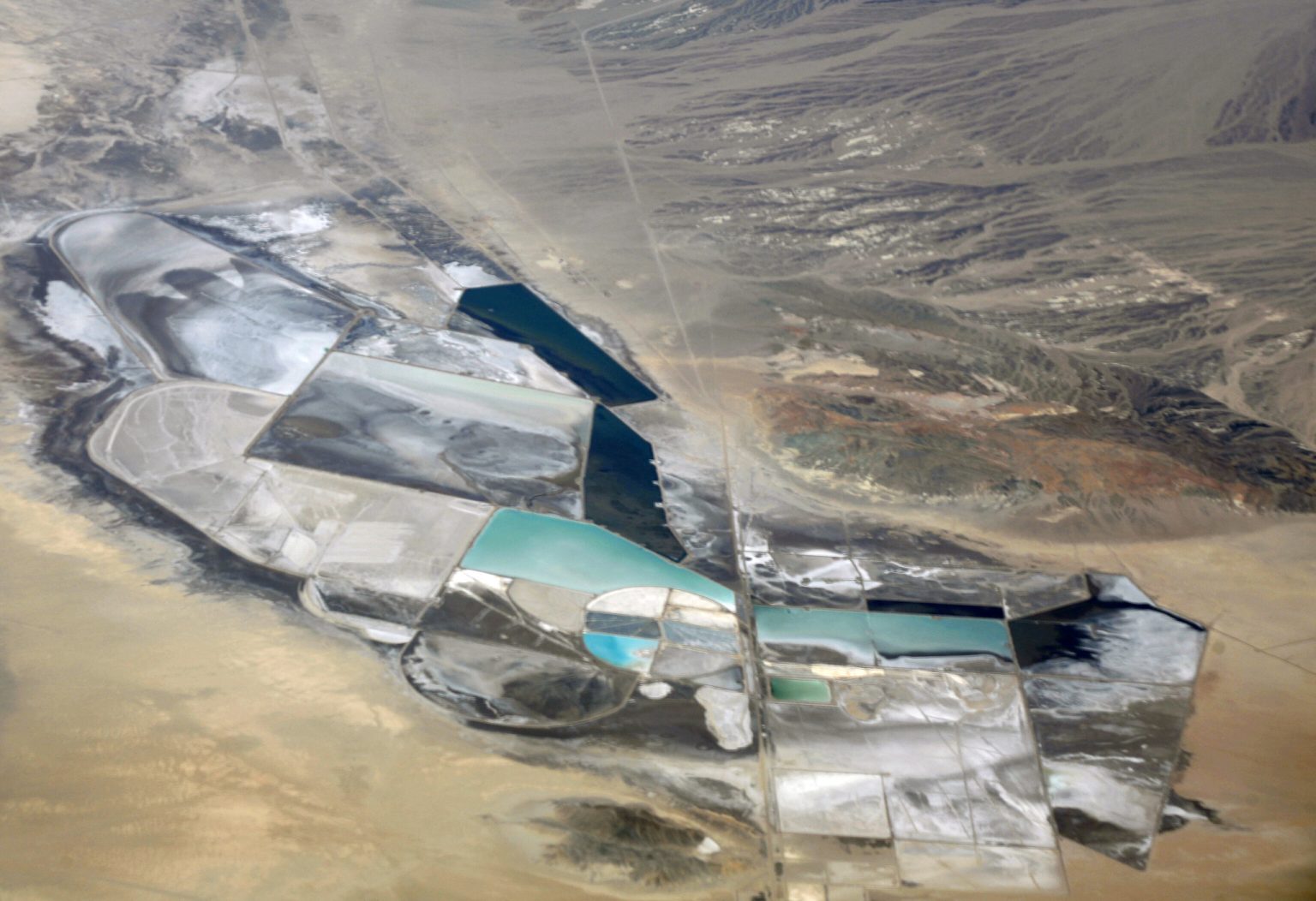Nevada lithium company’s shares surge following South Korean partnership
Nevada Lithium Resources saw its shares jump by 23% on Wednesday after announcing a strategic partnership with South Korea’s Hydro Lithium to advance mineral extraction at its Bonnie Claire project in Nevada. The midday rally pushed the Vancouver-based company’s market capitalization to C$46.8 million ($33.7 million).
The collaboration, formalized through a letter of intent signed on September 7, centers o
...
Nevada lithium company’s shares surge following South Korean partnership
Nevada Lithium Resources saw its shares jump by 23% on Wednesday after announcing a strategic partnership with South Korea’s Hydro Lithium to advance mineral extraction at its Bonnie Claire project in Nevada. The midday rally pushed the Vancouver-based company’s market capitalization to C$46.8 million ($33.7 million).
The collaboration, formalized through a letter of intent signed on September 7, centers on the potential application of Hydro’s proprietary technologies for recovering lithium and other critical minerals. These technologies were developed by Hydro’s CEO, Dr. Uong Chon, and could be transformative for the Bonnie Claire project and potentially other North American ventures included in the agreement’s framework.
Hydro Lithium currently operates a production facility in Geumsan-gun, South Korea, with an annual capacity of 3,600 tonnes of battery-grade lithium hydroxide and lithium carbonate. The company has developed two key technologies: CULH, which produces battery-grade lithium chemicals, and CULX, specifically designed to extract lithium from natural resources.
Dr. Chon highlighted the importance of bringing CULX technology to American mineral deposits. “The US hosts numerous potential sources of critical minerals, including lithium, many of which may pose challenges to economically viable extraction,” he said. “Our proprietary technology, CULX, addresses these challenges.”
Nevada Lithium CEO Stephen Rentschler said the company will evaluate Hydro’s technologies alongside recently updated economic projections for the Bonnie Claire project. The sediment-hosted lithium-boron deposit has undergone intensive study over the past three years, including significant discoveries that expanded the known mineralized zone.
A preliminary economic assessment (PEA) released in August outlines an ambitious underground mining operation using hydraulic borehole methods. The plan projects annual production of 2.92 million tonnes of lithium-bearing material with a grade of 4,500 parts per million. This could yield 62,354 tonnes of lithium carbonate equivalent and 129,533 tonnes of boric acid each year.
The economic forecasts are substantial. With pricing assumptions of $24,000 per tonne for lithium carbonate and $950 per tonne for boric acid, the PEA estimates a 61-year mine life with an after-tax net present value of $6.83 billion (using an 8% discount rate). This represents a fourfold improvement over a 2021 assessment. The project also boasts a 32.3% internal rate of return and could repay its $2.1 billion initial capital investment in less than three years.
“Bonnie Claire has emerged as one of the world’s largest and highest-grade sedimentary-hosted lithium and boron deposits, and remains open for expansion,” Rentschler noted in an August press release. “The potential for even higher grades and volumes could positively impact the PEA economics already demonstrated.”
The partnership gains additional credibility from Dr. Chon’s track record. He previously developed PosLX, a lithium extraction technology now employed by South Korea’s POSCO, one of the world’s largest steel producers that has diversified into battery materials.
Nevada Lithium consolidated full control of the Bonnie Claire project in 2023, having previously held it under a 50/50 joint venture with Iconic Minerals. This consolidation has allowed the company to pursue strategic partnerships like the Hydro Lithium agreement to accelerate development.
The Bonnie Claire project represents a significant potential domestic source of lithium at a time when the United States is pushing to secure critical mineral supply chains. The lithium market, though currently experiencing pricing pressures after previous highs, remains strategically important for electric vehicle battery production and energy storage technologies crucial to the clean energy transition.


